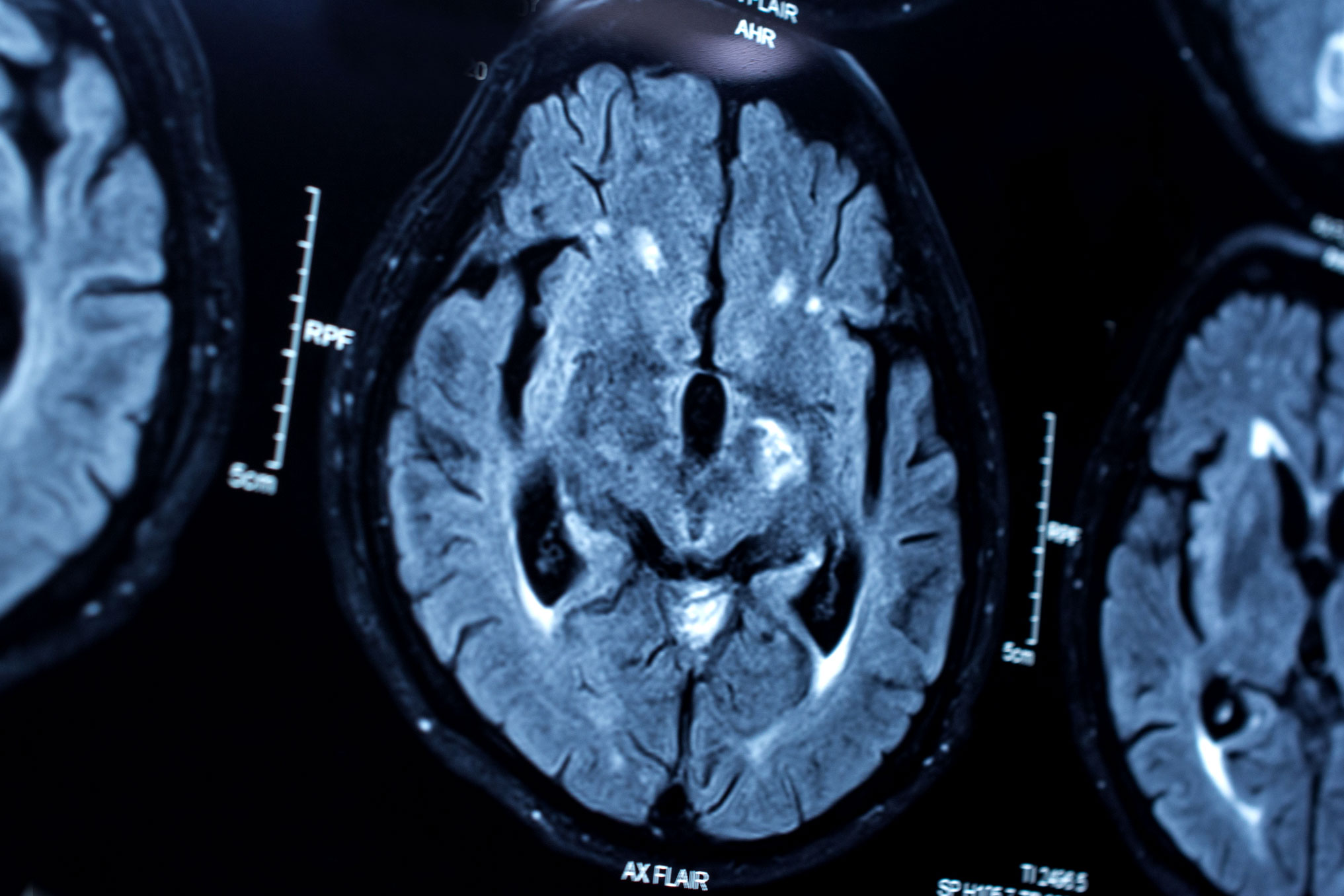The University of Virginia-Virginia Tech Carilion Neuroscience Research Collaboration is awarding $550,000 to nine cross-university research teams from the two institutions to tackle pressing problems in brain development and function in health and disease.
“We are taking full advantage of the combined talent of our faculty and encouraging lasting brain research collaborations between the University of Virginia and Virginia Tech Carilion,” said Michael J. Friedlander, vice president for health sciences and technology and professor at Virginia Tech, executive director of the Virginia Tech Carilion Research Institute and senior dean for research at the Virginia Tech Carilion School of Medicine. “The pilot funding will serve as a catalyst to form new teams to tackle important questions, perform transformative work, obtain new extramural research funding in neuroscience for each of the partner institutions, and to develop new applications.”
“We are looking forward to continued collaboration with Virginia Tech in neurosciences and other translational efforts,” added Dr. David S. Wilkes, dean of the UVA School of Medicine. “These initial shared investments will provide the basis for continuing collaborative projects between our schools.”

The grants address major questions and health challenges, including:
- The mechanical forces of injuries leading to concussions
- New combined therapeutic strategies for treating malignant brain tumors
- Development of new therapeutics for multiple sclerosis
- Herpes virus infections in the brain
- New strategies for treating Rett syndrome in children
- The development of the blood supply to the brain
- The use of ultrasound to modulate critical chemical neurotransmitters in the human brain to affect behavior
- The role of breast cancer genes in brain function and development
- The relationship between seizures and microcephaly
Organizers believe that the dialogue and new collaborations stimulated by the program will generate meaningful knowledge to benefit society, said Margaret Shupnik, senior associate dean for research at the UVA School of Medicine.
“The proposals speak to the scientific strength at our institutions and the synergies that these collaborations will create: studies of the causes of and means of diagnosing neurological diseases; new methods for understanding brain development, normal function and dysfunction; models of neural circuitry; and potential interventions to restore function to the diseased nervous system,” Shupnik said.
The University of Virginia-Virginia Tech Carilion Neuroscience Research Collaboration has been several years in the making, Friedlander said. It is part of an ongoing effort to transform Virginia into “The Brain State” – a hub of scientific efforts and leading technological innovation to understand brain function and to develop new paradigms for diagnostics and treatments for brain-related disorders.
“Research leads to better health care outcomes and better lives for our patients,” Carilion Clinic President and CEO Nancy Howell Agee said. “These projects will provide a strong foundation for future research collaborations and funding opportunities, with the ultimate goal of benefiting our patients.”
Media Contact
Article Information
December 12, 2016
/content/9-research-areas-uva-virginia-tech-will-put-their-heads-together

